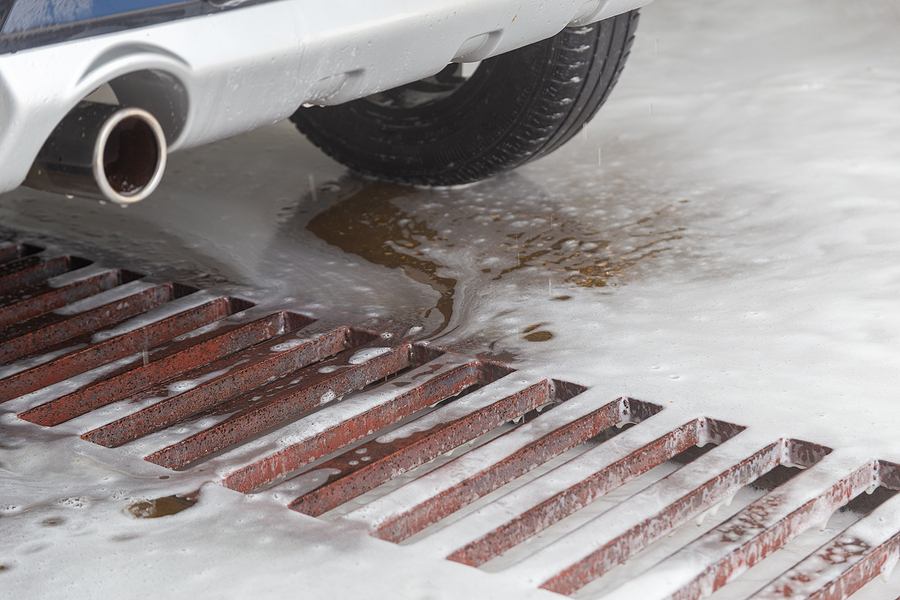Call This Friday to Get $25 OFF
Clean Solutions, Dirty Jobs – Done Right. Reliable. Responsive. Remarkable.
Call This Friday to Get $25 OFF
Clean Solutions, Dirty Jobs – Done Right. Reliable. Responsive. Remarkable.
A septic system plays a critical role in managing the waste from your home. If you are not connected to a municipal sewer line, you must schedule regular maintenance checks with a professional septic company. Unfortunately, most septic-related issues usually go unnoticed until it’s too late, and you have a backup or foul smells emanating from your drains and stagnant wastewater in your backyard. In addition, not all cleaning products are safe for your septic system, and avoiding bleach is not enough to save your septic tank’s flora.

When you schedule an inspection with us, we not only provide quality septic tank pumping and maintenance but also provide pertinent information to help you steer clear of harmful cleaning products. If you detect signs of deterioration in efficiency and function, here are some cleaning products you should substitute.
Bleach is a commonly used product with strong antibacterial properties, affecting the healthy balance of anaerobic bacteria in your septic system. While limited and occasional use of bleach is not likely to significantly affect the beneficial bacteria, we can recommend safer alternatives that don’t compromise the effectiveness of your septic tank. Even traces of bleach on a piece of cloth can end up in your septic tank, causing more damage than pouring cleaners in your toilet bowl.
Although bleach is often used as an ingredient in some detergents, you should look out for non-bleach detergents because they usually contain harmful components to your septic system. Some ingredients to look out for include phosphates and surfactants, which contaminate the environment in your tank and groundwater.
The septic system is an onsite waste treatment facility, and it is incredibly reliable. However, the system is only as effective…
Imagine flushing your toilet and then suddenly realizing that your backyard has turned into a swampy mess. This unpleasant experience is…
Soil testing is a critical step in various construction and environmental projects. It provides essential information about the ground conditions, which…
Grease traps are remarkable tools that help keep your establishment clean and free from bad odors. Septic Connection has a…
If you have just moved into a new home or property that relies on a septic system for waste and wastewater…
Even if you use powdered detergents, overusing them not only affects the flora of your tank but increases the risk of clogs forming in your pipes. For this reason, we recommend using liquid detergents or phosphate-free alternatives.
If you have a soap labelled "antibacterial," it is not suitable for the bacteria in your septic system. While these types of soaps are considered beneficial for the skin, the same can’t be said for your septic tank. Constant use of antibacterial soap compromises the septic ecosystem and its overall function. This problem can be avoided by opting for non-bacterial soaps for various sinks around your home or switching to hand sanitizers if you are concerned about germs.
You may think the auto cleaners in your toilet bowl that release a cleaner with every flush are convenient, but they comprise harmful ingredients. Like other cleaners mentioned, check for phosphates and surfactants before purchasing one. Avoid cleaner with these ingredients to mitigate damage to your system with every flush.
Most drain cleaners contain highly concentrated chemicals designed to break down blockages in the drain by dissolving them. This is a sign of high toxicity and corrosiveness, more than the typical household cleaners. In addition, unlike most products that consist of ammonia, bleach or other common cleaning chemicals, drain cleaners have sodium peroxide (lye). For this reason, drain cleaners are a safety hazard to your family and pets and damage the bacteria in your septic tank.
If you require the services of a trusted septic company, contact us at Septic Connection and schedule a consultation with our experts. We provide various services at competitive market rates, from installation to standard septic tank pumping.
Many septic system failures do not happen overnight. They develop quietly, over months or even years, until a small issue becomes an expensive emergency. That is why routine septic maintenance…
Read moreA properly functioning septic system is essential for protecting your home, property, and local environment. Unfortunately, many homeowners only think about their septic system when something goes wrong. As a…
Read more